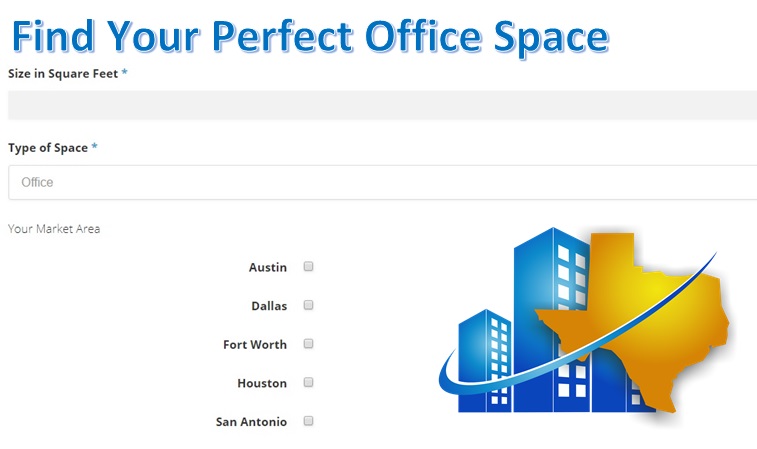Moving into your first office space can be both exciting and overwhelming. There are a lot of decisions to make and it is important to take your time and not settle for a space that isn’t right for your business.
The best things to consider when seeking your first office space are whether or not you are in a position to commit and if you can afford it. Be sure to get help from a qualified commercial real estate agent, accountant, and attorney. They can all help you narrow down your options and better negotiate terms.
Once the budget is determined, you should make a list of things you want in your dream office. This can include location, amenities, aesthetics, and anything else you can think of. Do you want to be within walking distance from the post office? Maybe restaurants? How many parking spots do you need? After looking at spaces, you will learn what your true wants vs. needs are. An office space tour checklist will be sure to help you out.
The most important advice when starting the office space search is to engage the services of a tenant representative. This is a person who will be on your side throughout the entire leasing and negotiation process. They will help you understand the often confusing lease terms and ensure that you are getting the best deal. Your tenant rep will build leverage when negotiating with the landlords and keep your best interests in mind. They often can find less-than-obvious office spaces that you wouldn’t have found on your own. Your commercial tenant rep agent will fight for you and assist with negotiations. Also in most cases, you don’t have to pay your tenant representative any commission. Unless it’s otherwise stated, the property owner covers commissions for both their listing agent and your tenant rep.
The first contract provided by the landlord will likely be very one-sided. Landlords often use form agreements that are favorable for their needs only. There are a number of things to look out for when reviewing lease terms. One of them is the right of the landlord to pass on any additional operating costs to the tenant. These can include building repairs and property taxes. They may also try to disclaim the property from compliance with environmental laws. Especially in tight markets, it is common for landlords to try to get the tenants to pay tax increases if the property is sold. They may also reserve the right to terminate the lease at any time and may prohibit subleasing.
With all of these things in mind, it is important to plan for both the best and worst-case scenarios when leasing your first office space. You may one day need to expand your business or you may want to terminate the lease early. If you ever have to expand, you will need a relocation right or right of first offer clause in the contract. These will give you options if your business expands beyond the initial suite that you leased. You should also ask for the right of first refusal. This means that the landlord must ask you first if you would like to lease any spaces adjacent to your current office before they can lease them to other customers. You should also include the right to assign the lease or sublet all or part of your office space. This will prevent you from having to terminate your contract if you need to vacate the office early.
Finally, be sure to take your time when searching for your first office space. The typical office space leasing process takes several months. It can be difficult to find the perfect space, but be patient. Consider taking a short-term suite while looking for that perfect office if needed. Please contact us if you have any quesitons about leasing office space or if you’d like our assistance with your search.
